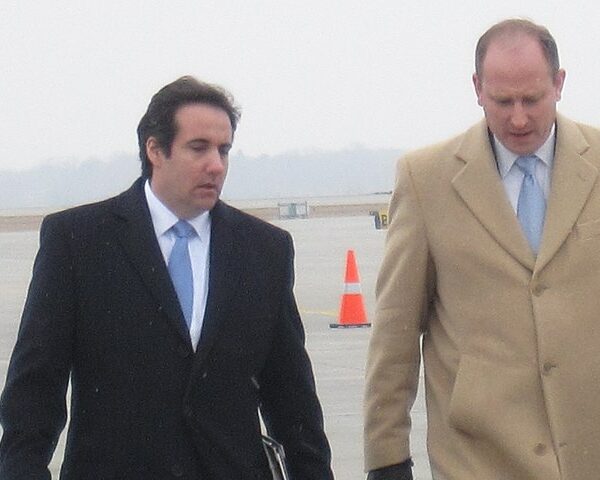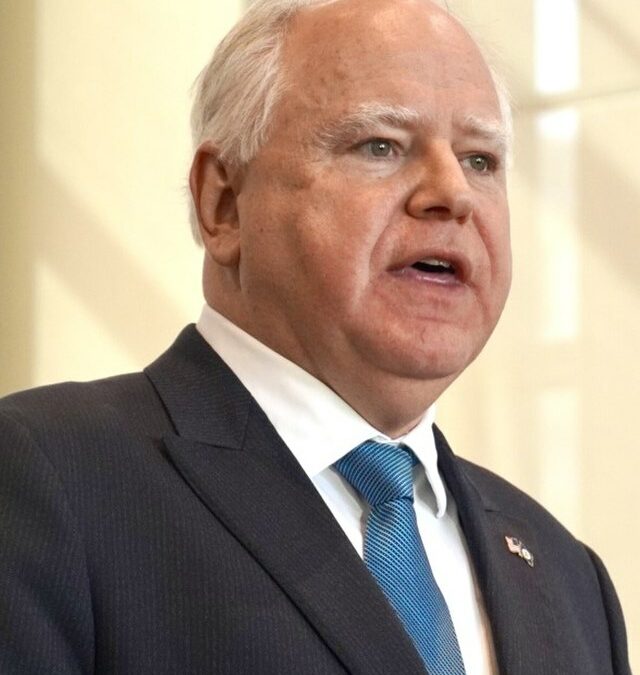
In what might be a showing of the worst political instincts imaginable, a House Republican has proposed on Tuesday to impose a $20 annual fee on most gas-powered passenger vehicles. Meant to fund infrastructure projects while laying the groundwork to eliminate the federal gas tax, the idea has already started to fracture the party’s caucus, sparking intramural backlash even before the formal debate in the Transportation and Infrastructure Committee begins.
Unveiled by House Transportation and Infrastructure Committee Chair Sam Graves, a Republican from Missouri, the fee would take effect in 2030, rise with inflation, and serve as a pillar of the GOP’s broader legislative package tied to Donald Trump’s second-term agenda: tax relief, energy expansion, and stricter immigration enforcement. However, for many conservatives, the proposal reads less like fiscal reform and more like ideological heresy, according to Politico.
Rep. Chip Roy (R-Texas) was outraged by the proposal and put it forward as an example of why he’s skeptical about how much the Republicans’ party-line package of tax cuts, border security investments, energy policies and more will actually reduce the federal deficit.
“Like, are you out of your fricking mind?” Roy said Tuesday upon reviewing the proposal. “Like, the party of limited government is gonna go out and, ‘say we’re gonna have [a car tax]?’”
“You know what I was told? ‘Don’t worry about it. We’ll get rid of it later in the highway bill,’” Roy continued. He said the message he received is that the car tax is “a gimmick to pay for this, so we know that we’re not actually gonna pay for it. That’s how this town works.”
Rep. Scott Perry (R-Pa.) is working on an amendment that would modify the language, though he didn’t elaborate. Perry’s office did not immediately respond to a request for comment.
“We’re trying to get the message to leadership that there’s got to be a better way to find the funds than to create a new national vehicle registration fee,” Burlison said.
Speaker Mike Johnson offered a noncommittal response, saying the proposal is “not a top priority” for him but stopping short of rejecting it outright. Under the current draft, states would collect the vehicle fee and forward the revenue to the Federal Highway Administration. The measure would sunset after four years unless Congress acts to renew it. Repealing the gas tax altogether would require separate legislation.
The proposal also included a $200 on electric vehicles to help offset not collecting gas taxes.
Democrats jumped at the opportunity to use the proposal as a cudgel against Republicans.
Of all the crazy things Republicans want to do, now they want a CAR TAX?!
HELL NO. pic.twitter.com/Jsw1pMz4l4
— Chuck Schumer (@SenSchumer) April 29, 2025
If enacted, the policy would represent the most significant shift in federal transportation funding in nearly a century. After receiving major pushback from both parties, Graves announced on Wednesday that his plan would not be included in the forthcoming markup for his committee’s plan.
The Missouri congressman received a waiver in December to bypass Republican House rules limiting his chairmanship of the Transportation and Infrastructure Committee to only three terms. Some GOP’s steering committee may be reconsidering their votes.
[Read More: The Man France Wants To Stop From Being Pope]











